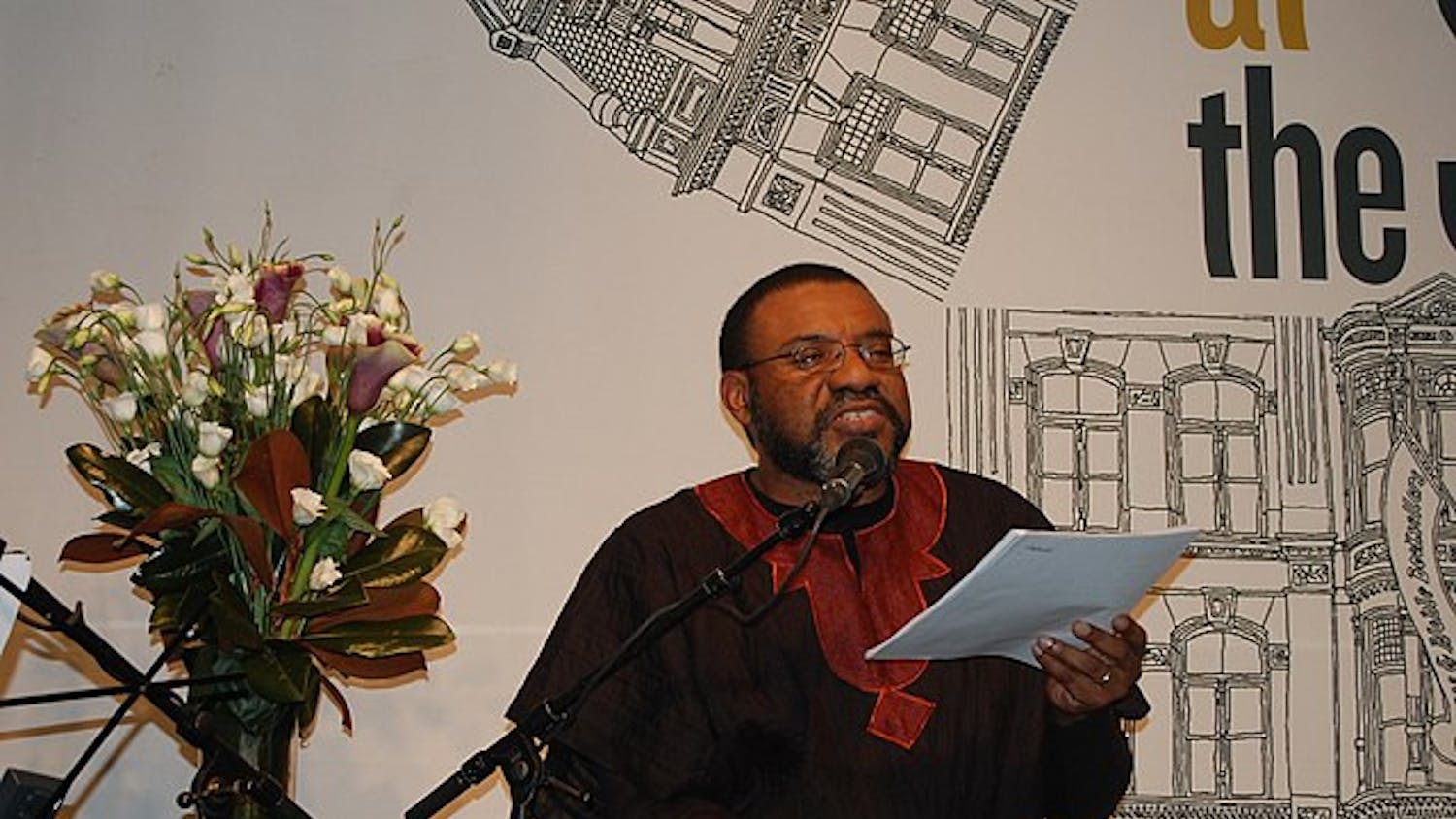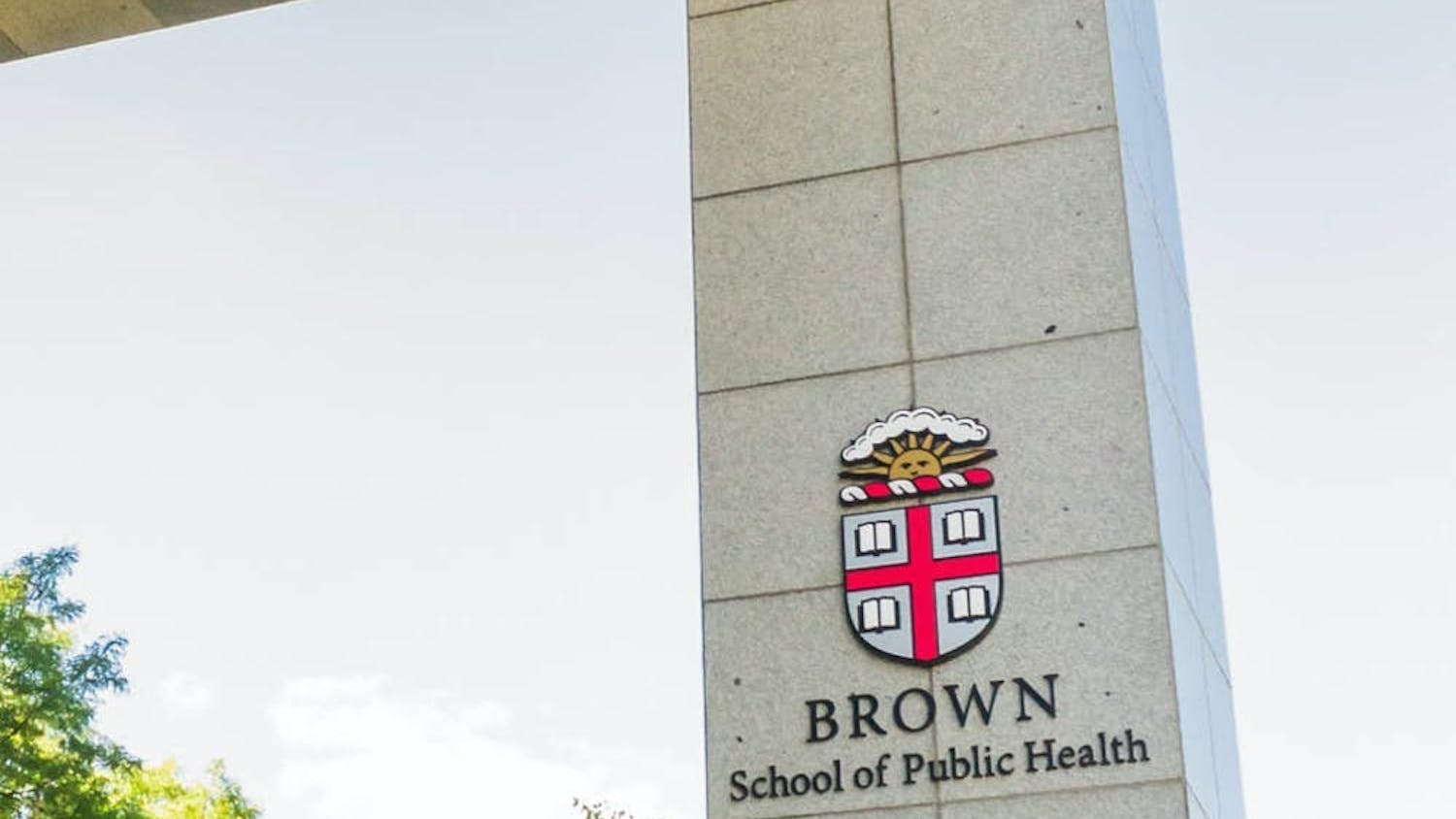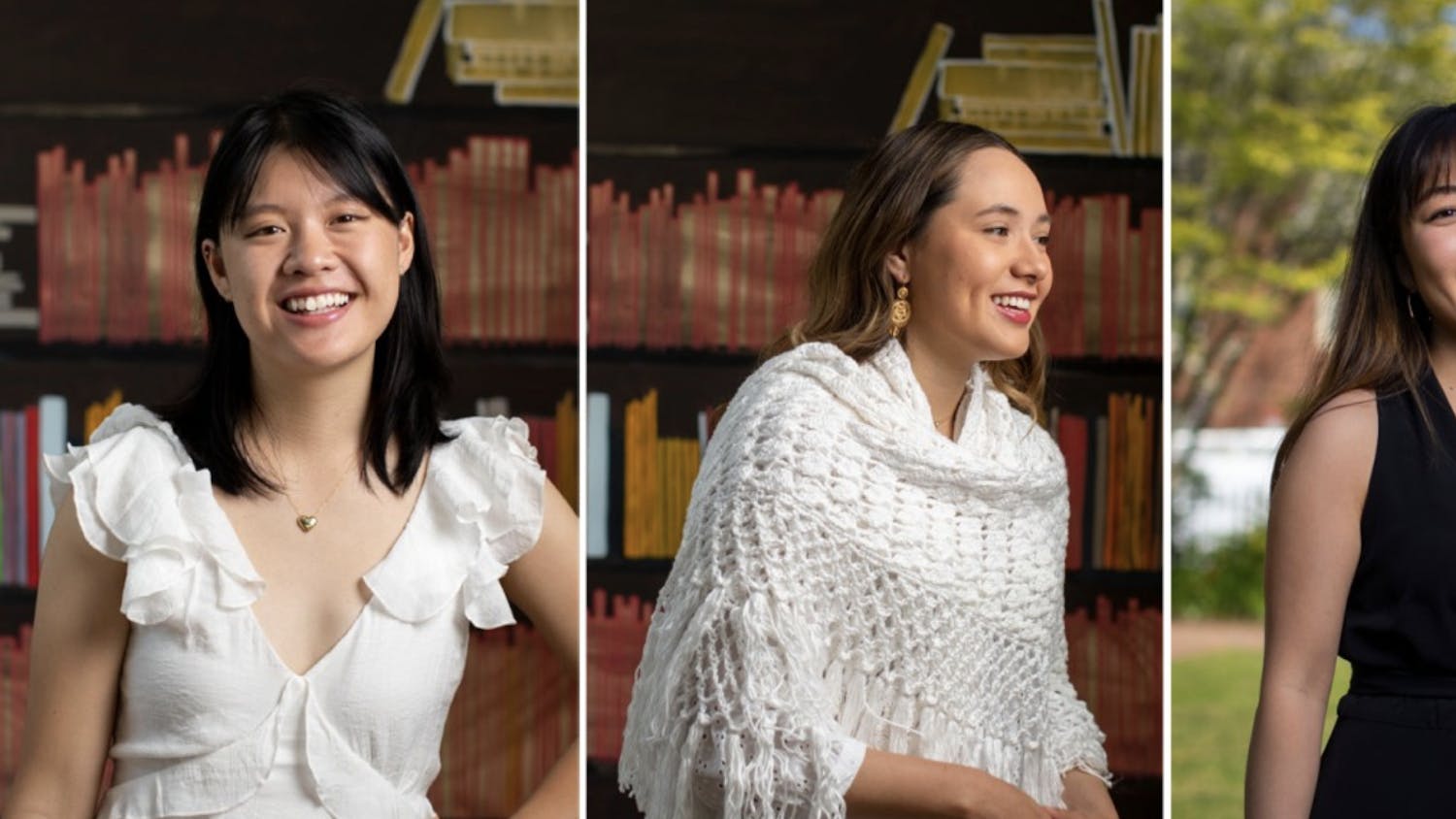‘Anti-American professors’
A conservative nonprofit group called Turning Point USA recently started a project called “Professor Watchlist,” a list of about 200 college professors deemed “anti-American” by the organization. The project aims to “expose and document college professors who discriminate against conservative students and advance leftist proganda in the classroom,” according to the group’s website, though the Chronicle of Higher Education points out that actions such as attending anti-campus carry demonstrations and writing about gun control as a public health issue have landed professors on the list.
Names on the list include Sarah Pritchard, associate professor of science and technology studies at Cornell, and Joan Neuberger, professor of history at the University of Texas at Austin. Pritchard landed on the list after saying student evaluations of female professors were slanted by gender bias, while Neuberger appeared after advocating against the campus carry law that went into effect in Texas last year, according to the Chronicle of Higher Education. “A website that seeks so openly to discredit me by suggesting (incorrectly) that I broke the law and (nonsensically) that I have no credibility as an experienced classroom professor can only exist to chill my right to free speech,” Neuberger wrote in an email to the Chronicle.
At LaGuardia Community College, students unshaken by Trump
Students at LaGuardia Community College in western Queens did not appear stricken by this year’s elections results, The New York Times reported. Students at the college — which is “arguably the most ethnically diverse college in the most ethnically diverse corner of the world” where “more than two-thirds (of students) come from households that make less than $25,000 a year,” per the Times — seemed predominantly unaffected, with some welcoming the change.
Gail Mellow, LaGuardia’s president, was surprised by the students’ mixed reactions on the morning after President-elect Donald Trump’s victory. “Many of us have experienced this as a uniform negative, and they don’t,” she told the Times. Karen Dubinsky, an administrator at LaGuardia, led a meeting of students on the day after the election and also experienced subdued reactions. The subject of Trump hardly came up, she said — instead, students wanted to talk about job interview etiquette, résumés and future job prospects. Anthony Salinovic, a student about to graduate from LaGuardia, said the new president cannot affect him. “It can’t affect my success or failure. Trump isn’t here in this school; he isn’t in my classes,” he told the Times. For Esmerelda Burgos, regardless of how “malicious” Trump had been during the election cycle, she would not let his victory “change how I carry myself.”
Navigating campus with autism
The first wave of students diagnosed with autism is beginning to hit college campuses, the New York Times reported. An increase in diagnoses in the 1990s and the success of early intervention programs that aim to prepare children with autism for higher education has resulted in a generation of students with autism starting college.
Since autism spectrum disorder is characterized by difficulty communicating and forming relationships with people, many colleges have responded by developing special support programs. The Kelly Autism Program at Western Kentucky University, for example, focuses on providing students with social support and advocating for them in difficult circumstances. Students enrolled in the program spend 12 hours a week at the program’s center meeting with tutors, counselors and psychologists for support and guidance. The program’s success has encouraged administrators to continue expanding it, from three students at its conception to what they hope will be 77 students in 2019. Besides helping students with autism transition to college, the program also hopes to prepare them for life beyond higher education. “The goal is not necessarily a college degree but becoming an independent, successful adult,” Jane Thierfeld Brown, a consultant for families with children with autism, told the Times. “And a bachelor’s degree doesn’t guarantee that.”




